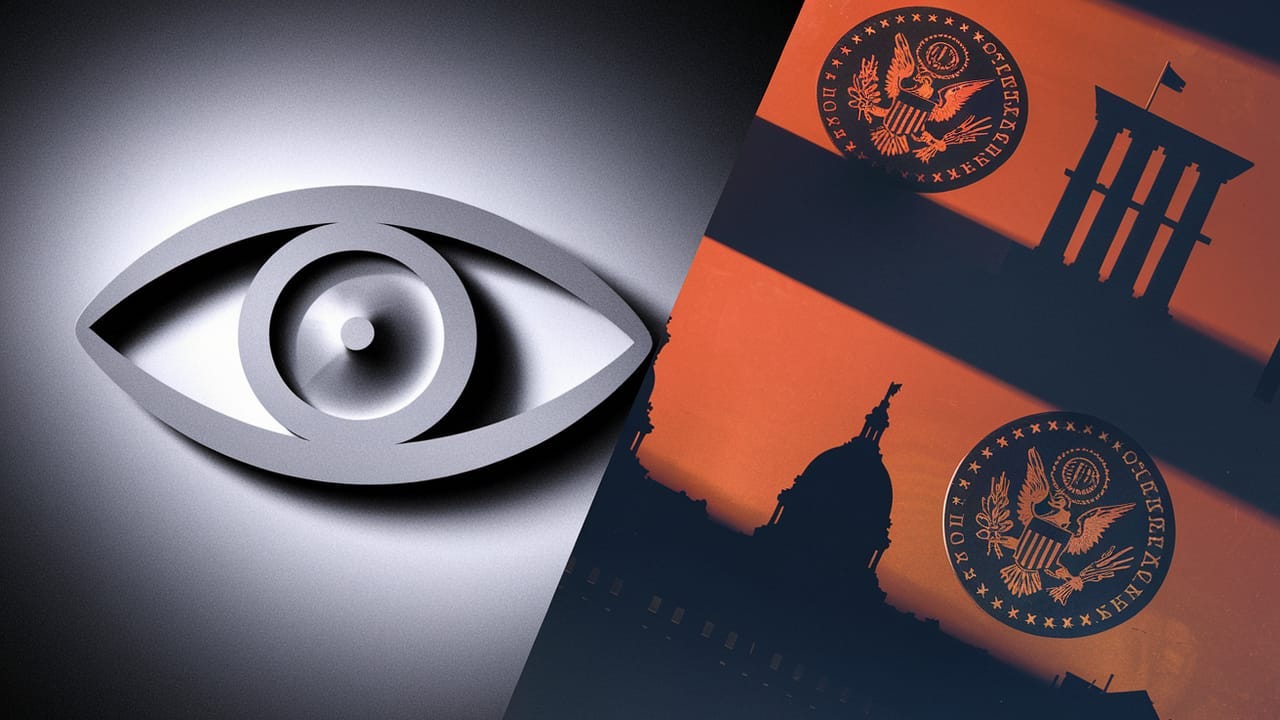Apartheid's Censors Return - to American Newsrooms
CBS News now operates under government oversight that echoes the press control tactics I witnessed covering South Africa's dying regime
The news that CBS must submit to a government-mandated "bias monitor" struck me with haunting familiarity. Watching from Toronto as America's most storied news organization bows to political pressure, I'm transported back to newsrooms in 1980s South Africa where censors wielded scissors and red pens with the authority of the state.
The FCC's July 24 approval of the Paramount-Skydance merger came with an unprecedented condition: CBS News must install an "ombudsman" to evaluate complaints of bias and report to corporate leadership. The language sounds civilized, bureaucratic even. But I've seen this script before, played out in the dying days of apartheid when South Africa's National Party government used s similar euphemisms to describe installing state censors in newsrooms.
To be sure, I've worked in newsrooms where they had ombudsmen - notably at CBC News in Canada, which is where ombudsmen make sense because it's state-owned. In my limited time there, I felt quite proud of my record-breaking number of complaints submitted to the ombudsman who sided with me more often than not. At a place like CBC News, which was barely conscious at the time, it was a badge of honor to be the rabble rouser - my record was shared with CBC News legend Neal Macdonald.
But the CBS News ombudsman is not just an independent adjudicator - it’s a corporate spy with an indirect line to the White House. CBS News already has its own standards and practices unit. They don't need a corporate spy determining which stories get spiked. Trump wants to be able to call the ombudsman and get stories shut down with a single call.
The psychological warfare begins before the first word is censored. There were days in South Africa when you unfolded the Daily Star and saw more white spaces where censors had removed illegal content than black ink. These gaps became silent testimony to government overreach - until apartheid officials realized that resistance from news editors was unacceptable. They banned the practice of those white spaces entirely.
This is what they wanted: the unseen hand of the government determining what stories are reported and who is loyal and who is not. Government monitors didn't need to physically remove every critical story after that. Their mere presence in newsrooms created what we called "anticipatory compliance" - journalists self-censoring to avoid confrontation.
At CBS, the purge began months before the bias monitor requirement became official. Wendy McMahon, the network's president and CEO, resigned in May citing "disagreements with company" direction, while legendary 60 Minutes executive producer Bill Owens departed after refusing to work with "a minder" overseeing editorial decisions. The cancellation of Stephen Colbert's Late Show just days after he called the Trump settlement "a big fat bribe" on air sends an unmistakable message about the consequences of editorial defiance.
The settlement that triggered this arrangement reads like financial extortion. Trump's $16 million payout from Paramount ostensibly resolved a lawsuit over CBS's editing of a Kamala Harris interview - a case legal experts considered frivolous. But the real victory wasn't monetary. It was establishing the principle that news organizations can be forced to submit to government oversight through a combination of legal threats, regulatory pressure, and economic coercion.
What makes this moment particularly dangerous is how normal it appears. Skydance's promises to eliminate DEI programs and install editorial oversight came packaged as voluntary corporate commitments rather than government mandates. This creates legal cover while achieving the same result: a major American news organization operating under direct political supervision.
The two-year timeline for CBS's oversight creates what amounts to a probationary period for American journalism itself. If this experiment succeeds - if CBS complies quietly while its journalism becomes detectably more compliant - the model will spread. Other networks facing regulatory pressure will remember CBS's example and choose accommodation over confrontation.
This is how press freedom dies in established democracies: not through dramatic midnight raids but through bureaucratic requirements, financial pressure, and the gradual normalization of political control. The monitors arrive with briefcases instead of bayonets, speaking the language of corporate compliance rather than state censorship.
Walter Cronkite's network now operates under conditions that would have been unthinkable when he anchored the evening news. The white spaces in South African newspapers eventually disappeared - not because censorship ended, but because editors learned to avoid creating them. At CBS News, we may never see the visible scars of editorial control. The real damage will be in the stories never assigned, the questions never asked, the investigations never pursued because someone upstairs is watching.
America once stood as a beacon of press freedom to the world. Today, international observers see a government successfully imposing editorial oversight on a major news network through regulatory leverage and financial pressure. The techniques may be more sophisticated than apartheid's crude scissors, but the goal remains the same: controlling the flow of information to protect political power.
But America's over-the-air networks like CBS are in fact owned by the public. If there's enough support in each individual marketplace, those licenses can be called to account. So stay vigilant in your home markets and find ways to challenge the licenses.
The specter haunting CBS isn't just corporate oversight - it's the ghost of every democracy that traded its free press for the illusion of stability, only to discover that information control inevitably becomes thought control. We've seen this movie before. The ending is never good.




